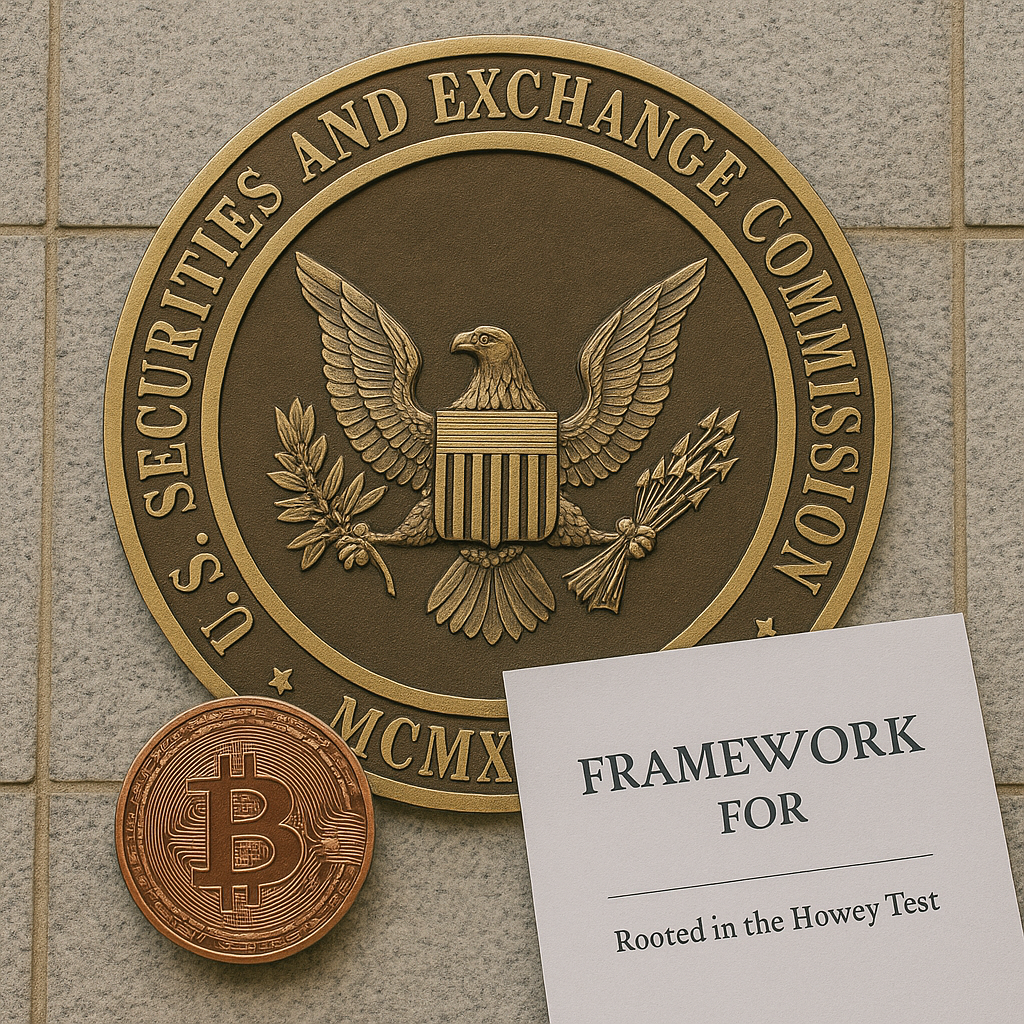ARTICLE AD BOX

- Coinbase receives a MiCA license from Luxembourg, allowing crypto services across all 27 European Union member states.
- With MiCA approval, Coinbase plans tokenized stocks, retail crypto payments, and global on-chain USDC integration.
Coinbase has finally secured a MiCA license from the Luxembourg Financial Services Authority (CSSF), making it the first US-based crypto company to be officially allowed to offer services under the European Union’s new regulatory framework.
With this, they are now free to open crypto services such as digital asset trading, custody, and crypto payments across all 27 EU member states. So if you live in Europe and have been frustrated that there are not many legal options for buying or storing crypto, this news could be a glimmer of hope.
Moien, Lëtzebuerg. 
We’re pleased to have secured our Markets in Crypto Assets (MiCA) licence from the CSSF in Luxembourg.
We can now offer a full suite of crypto products and services to 450 million people across all 27 European Union member states. pic.twitter.com/e9zbhy35YQ
— Coinbase  (@coinbase) June 20, 2025
(@coinbase) June 20, 2025
More than just a license, this decision also comes with the move of Coinbase’s regional headquarters from Ireland to Luxembourg. In Coinbase’s eyes, Luxembourg is considered more supportive in terms of regulation and faster in responding to developments in the crypto world.
They are not only looking for a strategic location, but also an ecosystem that can keep up with the pace of innovation that sometimes feels faster than the seconds of a clock.
Near-Term Plans: Stock Tokens and Bitcoin Cashback
However, this MiCA license is not the only agenda for Coinbase in recent months. As previously reported by CNF, they are working on getting approval to offer technology stocks in the form of tokenization on the blockchain.
The idea? Stocks like Tesla or Apple could be traded 24/7, even when traditional exchanges are closed. Not only that, but the fees would also be much cheaper. The SEC hasn’t given the green light yet, but if approved, the game could change completely.
Coinbase’s expansion is also expanding into the retail payments sector. Shopify, a popular e-commerce platform, has now opened early access to USDC payments using Coinbase’s underlying network. What makes this interesting is the speed of transactions and low fees, plus the potential for 1% cashback.
Furthermore, in mid-June, we reported that Coinbase is also launching a card called the Coinbase One Card in the United States. Users can earn up to 4% Bitcoin on every transaction.
For those who just want to try it out, there are subscription options starting at $4.99 per year—and users can still enjoy BTC rewards even if they are beginners. This feature is another way for Coinbase to drive adoption while maintaining the engagement of long-time users.
New Landscape in Europe, Competitors Not Standing Still
Coinbase’s entry under the MiCA umbrella also marks a major step in the competition between crypto exchanges in Europe. Several other names, such as OKX, Crypto.com, and Gemini, are also moving in the same direction. But Coinbase has an advantage: they came earlier and immediately locked the stage through Luxembourg.
MiCA has been fully effective in December 2024. So, this moment can be said to be like a warm-up before the race begins.
If we make an analogy, MiCA is like an international driving license. Once you have it, you can drive (open a crypto service) anywhere in Europe without having to make a local permit again. This clearly simplifies things for companies like Coinbase that want to grow quickly and remain legal.
Even so, the challenges are not few. The European Union has strict rules regarding user protection, anti-money laundering, and financial audits. But for Coinbase, which has been quite diligent in playing in the regulatory realm, the challenge could actually be a differentiator. Maybe they want to show that crypto and regulation do not have to be at odds with each other.
.png)
 4 months ago
5
4 months ago
5








 English (US)
English (US)